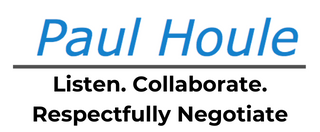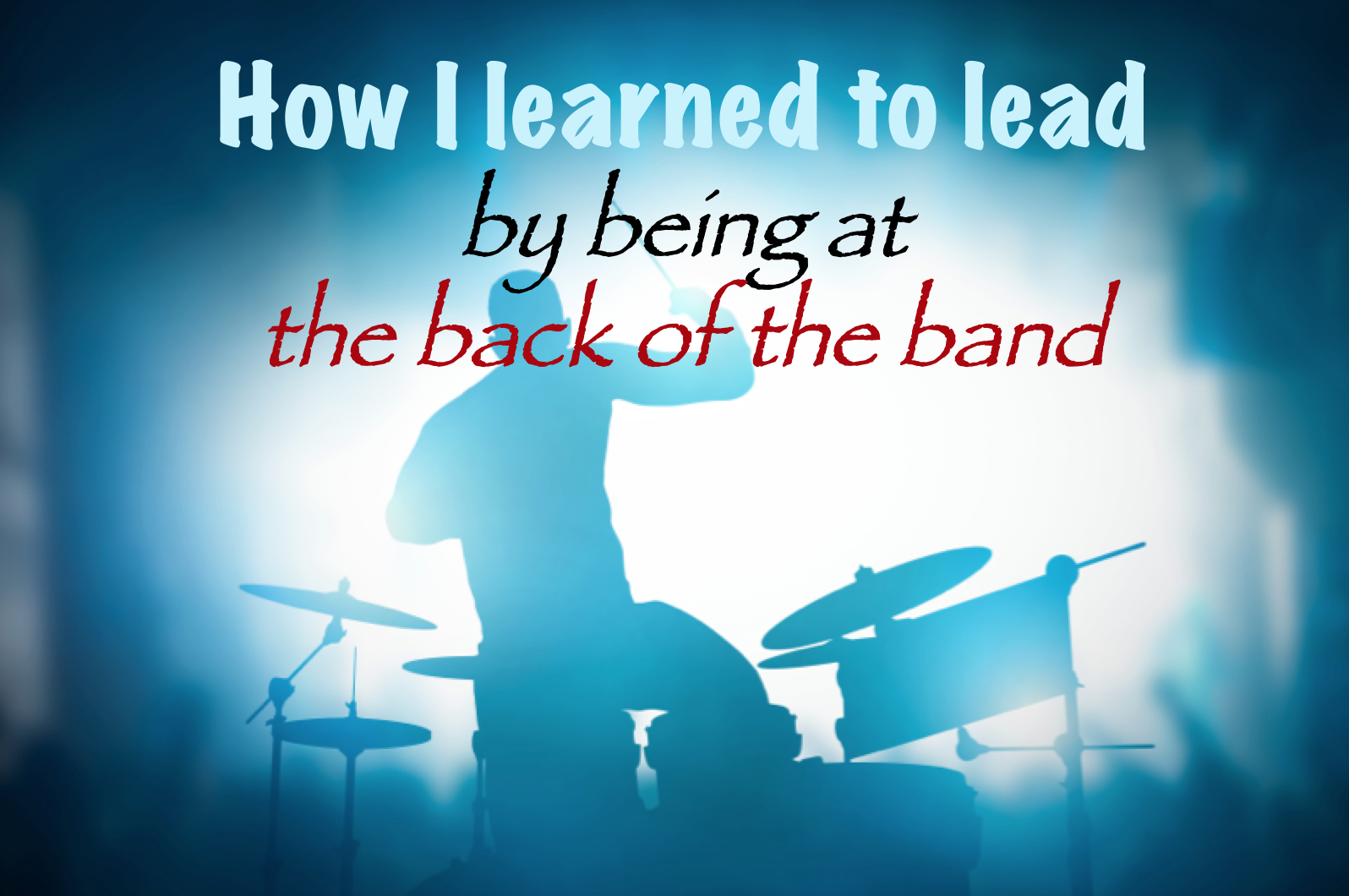![Why you need to create more moments.]()
It was many years ago, a night like so many others.
I was on stage playing a concert with a local symphony orchestra being led by a guest conductor.
I was dressed in my usual orchestra concert attire, a black tuxedo, complete with black cummerbund and bow tie (à la James Bond, I like to think). The strange thing about this time was that I was seated behind a drum set.
I say strange because when you study to be a drummer, you don’t necessarily see yourself wearing a tuxedo while you play. You also don’t imagine yourself playing behind a 60-piece orchestra at the back of a large concert hall filled with people.
I was playing the same drum set that I had played many times while dressed in jeans and t-shirt, the same set that I would “rock out on” in jam sessions with friends.
But this night was different. This night I was playing in an orchestral pops concert and it was the first time I was hired not as a percussionist but as the “drummer” for such a thing.
I had done my practicing, been to rehearsals, but I was nervous. There’s just something different about show time. On top of that, it was a big program. But I have to tell you that I don’t remember one single tune I played that night.
I remember one moment only, and how it felt. The moment I remember was near the end of the night, in the last tune. It was a fast up-tempo number and I was busily keeping time when the conductor looked up from his score and looked me straight in the eye. Then with a broad smile, he raised his hand and gave me a big thumbs-up.
I am going to guess that that particular moment was about 20 years ago now. Yet I remember it as if it were yesterday. I remember how great it felt, how happy I was.
I’m not sure if the conductor meant to make me feel as good as he did, but in that one moment, he validated my hard work, my years of practice, my musicianship and how I played that night.
And the thing is, he didn’t have to do it. There’s no rule about that. I have played many concerts where it seems the conductors don’t even know you’re there. So for one to make an effort, that really stood out for me, and his timing was right on.
That was a great moment! That’s the thing about special moments. They can have a profound impact on people.
![You could do it by yourself but should you?]()
Maybe you’re a bit like me in that you’re pretty independent when it comes to doing your job.
After all, you and I have spent years becoming proficient, knowledgeable and responsible in order to be able to do what we do.
There’s a certain satisfaction, a sense of pride, when you can do things without relying on others.
As children, we were taught to be self-reliant – strong and capable. And it’s still going strong. Google “children and self–reliance” and you’ll see there are reams of information on how to create an independent child.
Then there are the quotes we often hear that re-enforce the necessity of being self-reliant.
“If you want a thing done well, do it yourself.” Napoleon Bonaparte
You usually hear this when someone is complaining about a task they entrusted to someone else that didn’t go so well.
“Survival of the fittest” – This is a phrase that originated from Darwinian evolutionary theory, inviting us to make ourselves the brightest and the best in order to succeed.
“No one can really pull you up very high - you lose your grip on the rope. But on your own two feet, you can climb mountains. “ Louis Brandeis
You get the idea.
But there’s a downside to all this.
Sometimes we can be too independent, so much so that it costs us.
Have you ever thought about the kind of leader you are?
Have you ever thought about how your employees see you? How they feel about working for you?
Leadership is heady stuff but I have found that it’s important to take some time to reflect on the type of leader you are and the type of leader you want to become.
Because when you’re finally sitting in that chair with people looking to you for direction, it’s good to know what type of leader you want to be.
Sure, this is important so that you can achieve your goals. But it’s also important because you’re going to need help.








